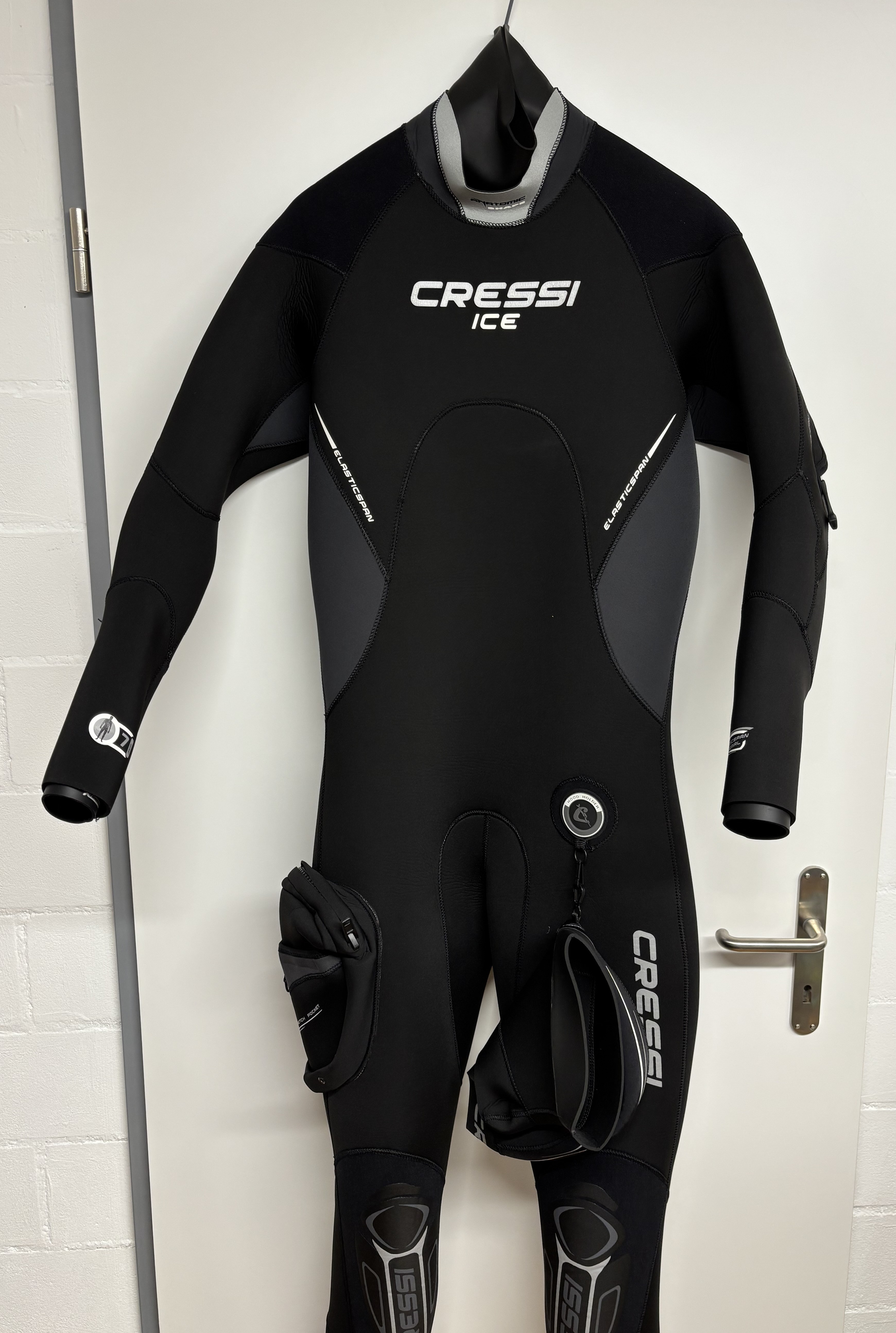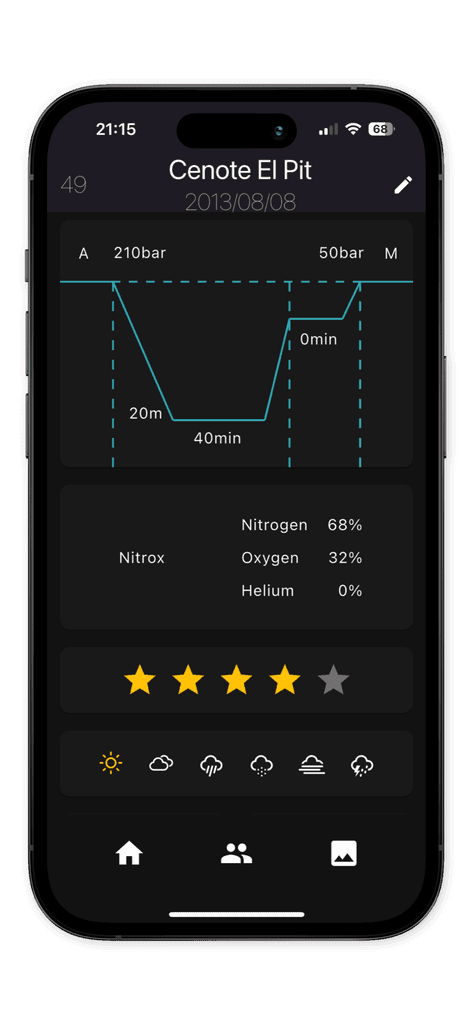Nov 10, 2024
Winter Storage Guide for My Scuba Equipment
How I Prepare My Gear for the Off-Season
The winter break is approaching, and I want to share how I prepare my scuba equipment for long-term storage. After making some mistakes in my early diving days, I've developed a careful routine that helps keep my gear in perfect condition for the next season.
Semi-Dry Suit Winter Preparation (Cressi Ice)
The most critical piece of equipment in my collection needs special attention before storage:
Deep Cleaning
Thorough 15-minute soak in fresh water
Gentle cleaning with wetsuit shampoo
Extra attention to all seals
Complete rinse until water runs clear
Let it dry completely (usually takes 24-48 hours)
Zipper Care (Most Critical Step)
Clean the zipper track thoroughly with fresh water
Dry completely
Apply a small amount of TIZIP lubricant ONLY in the zipper's designated recess
Important: Never apply lubricant on the teeth themselves
Work the zipper a few times to distribute the lubricant evenly
Storage Position
Use a quality wetsuit hanger (wide shoulders to maintain shape)
Apply talcum powder to neck and wrist seals
Keep zipper slightly open to prevent pressure on seals
Store in a dry, cool place away from direct sunlight
Avoid damp basements or hot attics
Dive Computer Care (Suunto EON Core)
My Suunto EON Core requires specific care for its lithium-ion battery:
Battery Management
Keep charge level between 20% and 80% during storage
Check charge level monthly
Avoid full discharge or constant 100% charge
Store at around 50% for optimal battery life
Storage Care
Clean with fresh water
Dry thoroughly
Store in original case if available
Keep in a climate-controlled environment
Avoid extreme temperatures that could affect the battery
Mask, Snorkel, and Fins
These basic but essential items need proper preparation:
Mask:
Clean thoroughly with fresh water
Remove and clean strap
Store in protective case
Keep away from pressure that might deform the skirt
Snorkel:
Disassemble all parts that can be taken apart
Clean and dry thoroughly, especially the purge valve
Store assembled but without compression
Avoid storing in direct sunlight
Fins:
Rinse thoroughly with fresh water
Store flat or hanging
Keep away from weight
Avoid extreme temperatures
Boots and Gloves
Cleaning
Wash inside and out with fresh water
Use wetsuit shampoo if needed
Rinse thoroughly
Turn inside out to dry completely
Storage
Store unstuffed to maintain shape
Use light talcum powder inside
Keep in a breathable bag
Store in a dry area
Safety Buoy
Pre-Storage Prep
Rinse with fresh water
Inflate to check for leaks
Clean inflation tube
Let dry completely
Storage
Store partially inflated
Keep in a mesh bag
Avoid folding in the same place
Store away from sharp objects
Important Tips I've Learned
Temperature Control
Never store equipment in freezing conditions
Avoid areas that get too hot
Choose climate-controlled spaces when possible
Moisture Management
Ensure everything is 100% dry before storage
Use silica gel packets in storage areas
Check equipment monthly for any moisture issues
Pre-Season Preparation
Check all equipment one month before the new season
Verify dive computer battery level
Inspect suit seals
Clean zipper and reapply lubricant if needed
Final Thoughts
Proper winter storage is an investment in your equipment's longevity. While it might seem like a lot of work, I've found that this careful preparation saves both money and hassle in the long run. The key is being thorough and systematic in your approach.
Note: If you're new to diving, consider taking photos of your gear's condition before storage. This helps track any changes and serves as a reference for the next season.
About me: I'm a recreational diver passionate about proper equipment maintenance. I believe in sharing knowledge to help fellow divers keep their gear in the best possible condition.



